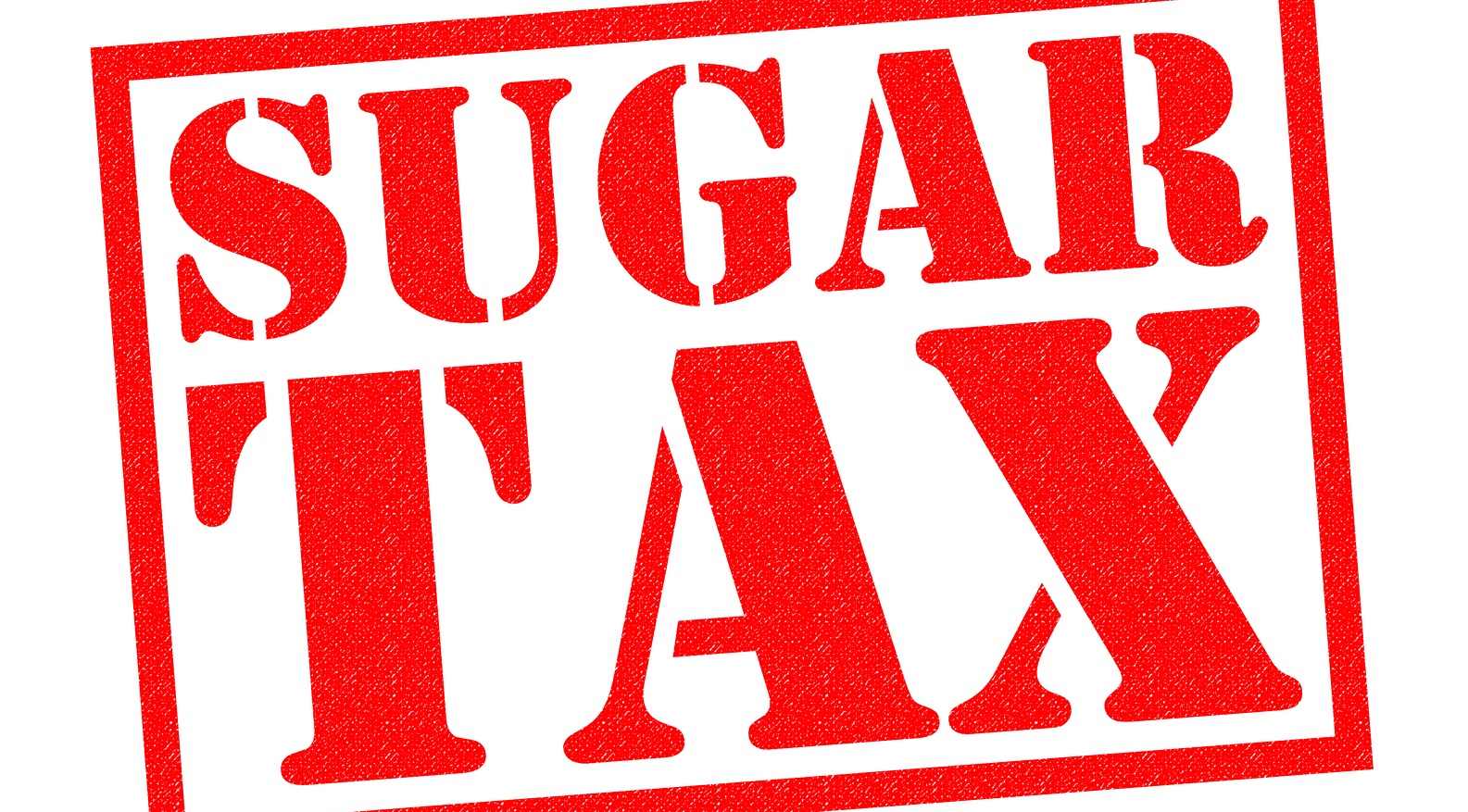
Criticism by Otago University campaigners of analysis by NZIER economists on the effectiveness of a sugar tax is weak, says FGC.
The campaigners called for New Zealand to follow the UK’s lead and introduce a tiered levy on sugar in drinks that sends a ‘price signal’ to consumers. The levy was introduced on April 1.
Katherine Rich says:
“Some theories that work well on a public health chalkboard don’t work in real life or survive disciplined economic analysis.
“The criticism of economic evidence and analysis by economists Sarah Hogan and Peter Wilson of the NZ Institute of Economic Research is weak.
“The Mexico sugar tax is a good example of why such taxes don’t work.
“I’ve seen the most recent soda sales data, and there’s been no ‘price signal’ to affect consumer behaviour. There was a small drop in year 1, but soda sales returned to pre-tax levels by the end of that year.
“Since then, sales have grown each year. Opposite to the tax’s goal, the average price of sugary soda is now lower than the average price of low/zero sugar soda. After the tax, the sale of low/zero sugar sodas went down. Prices of all drinks went up, even water. Sugar soda sales rose because the tax is now treated like other business costs and is part of the normal price.
“That regressive tax has been a money windfall for the Mexican Government, surpassing all budget expectations. The Government budgeted 13 billion pesos in year 1 and raked-in 23 billion in year 3.
“In New Zealand, companies have reformulated to reduce sugar without a tax.”
